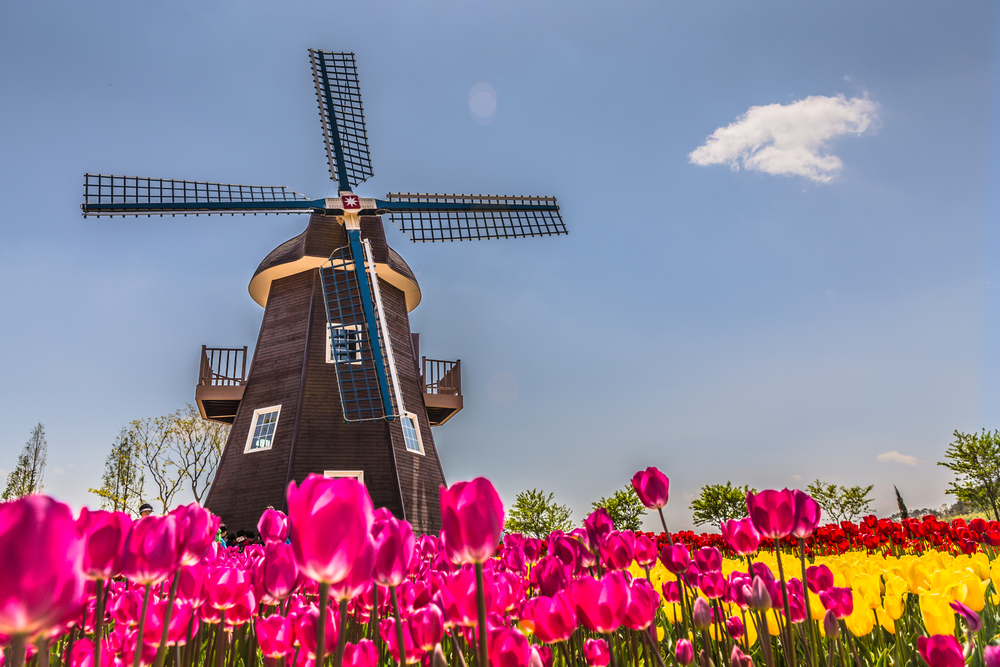The Dutch leisure market offers significant opportunities for foreign companies, driven by a range of unique features and recent developments. Here are some reasons why this booming market is appealing:
- Stable Economy: The Netherlands is known for its robust economy with strong purchasing power and a growing middle class, resulting in increased demand for leisure activities.
- International accessibility: Located in the heart of Europe, the Netherlands offers excellent connectivity, which facilitates the import of foreign products and services.
- Cultural diversity: Known for its openness to different cultures, the Netherlands attracts a diverse audience, providing space for diverse leisure activities.
- Innovation and technology: The Dutch market is at the forefront of integrating technology into the leisure market, which offers opportunities for innovative companies.
- Tourism and International Visitors: The Netherlands welcomes millions of international tourists every year, giving foreign companies access to a large and diverse market.
- Growing sustainability trend: Dutch consumers and businesses are increasingly emphasizing sustainability, which offers opportunities for companies with expertise in this area.
Recent trends further reinforce this attractiveness:
- Expansion in e-commerce: The e-commerce market in hobby and leisure is growing steadily, with a projected market size of US$3,216.0 million by 2027.
- Recovery of tourism: There has been a significant increase in the number of tourists in Dutch hotels and campsites, with a growing demand for high-quality accommodation options.
- Popularity of glamping: The trend of glamping, or glamorous camping, is gaining popularity, with holidaymakers willing to pay more for a luxurious experience.
- Business travelers and digital nomads: A growing segment of business travelers and “digital nomads” are looking for accommodations that can fulfill both work and leisure needs.
- Sustainability initiatives: Holiday parks and campsites invest in sustainable technologies and practices, such as solar panels and energy management systems.
- Changing consumer preferences: There is a shift in consumer needs, with an increasing demand for flexibility, comfort, and sustainability.
- Competitive pressure and perception of quality: competitive pressure is increasing, with a focus on value for money and the need to innovate and differentiate.
- Focus on experience and convenience: Consumers value a seamless experience, from convenient check-in and check-out to personalized services.
In short, the Dutch leisure market presents a dynamic and growing environment, rich in opportunities for foreign companies. By responding to local needs and trends, international companies can successfully participate in and take advantage of the opportunities offered by this market.




